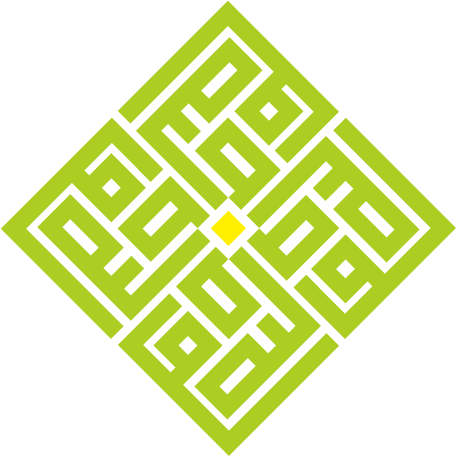al-Taqwim al-Ta'limiyyat: Muwaashafaat al-Ikhtibaar al-Jayyid
التقويم التعليمية: مواصفات الاختبار الجيد
DOI:
https://doi.org/10.21154/tsaqofiya.v2i2.33Keywords:
evaluation, education, test, specificationsAbstract
This study discusses educational evaluations that focus on the characteristics of excellent tests. Evaluation has an important role in the success of learning, and one way to do evaluation is by testing. If the quality of evaluation activities is good, the resulting data can be used to decide about students and to improve the curriculum. Conversely, if the evaluation is of inferior quality, it will mislead decision makers. Therefore, an excellent test is important to know to improve the quality of evaluation. The research method used is qualitative research using the library research method, by collecting related documents, appropriate and valid data. Then analyzed and criticized by being critically indicated the existing discourses to present a research result. The results of the study show that the characteristics of an excellent test are: 1) Validity, the measuring instrument can calculate what is being measured or revealed through the test. 2) Reliability, the results of measurements made using the test repeated on the same subject the results remain the same or are stable in the group. 3) Objectivity, meaning that in carrying out the test there are no subjective factors that influence mainly in the score system. 4) Practices, both practicality related to the implementation and ease of examination. 5) Economical, does not spend a lot of cost, energy and a lot of time. However, all efforts made to present excellent tests must be accompanied by the seriousness of the educator in evaluating the next stage, such as the measurement and assessment process. So that the data generated accurately and evaluation can help develop the learning process under the purpose of the evaluation.








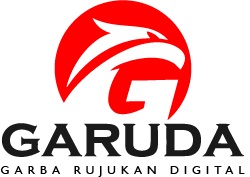


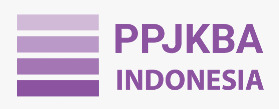
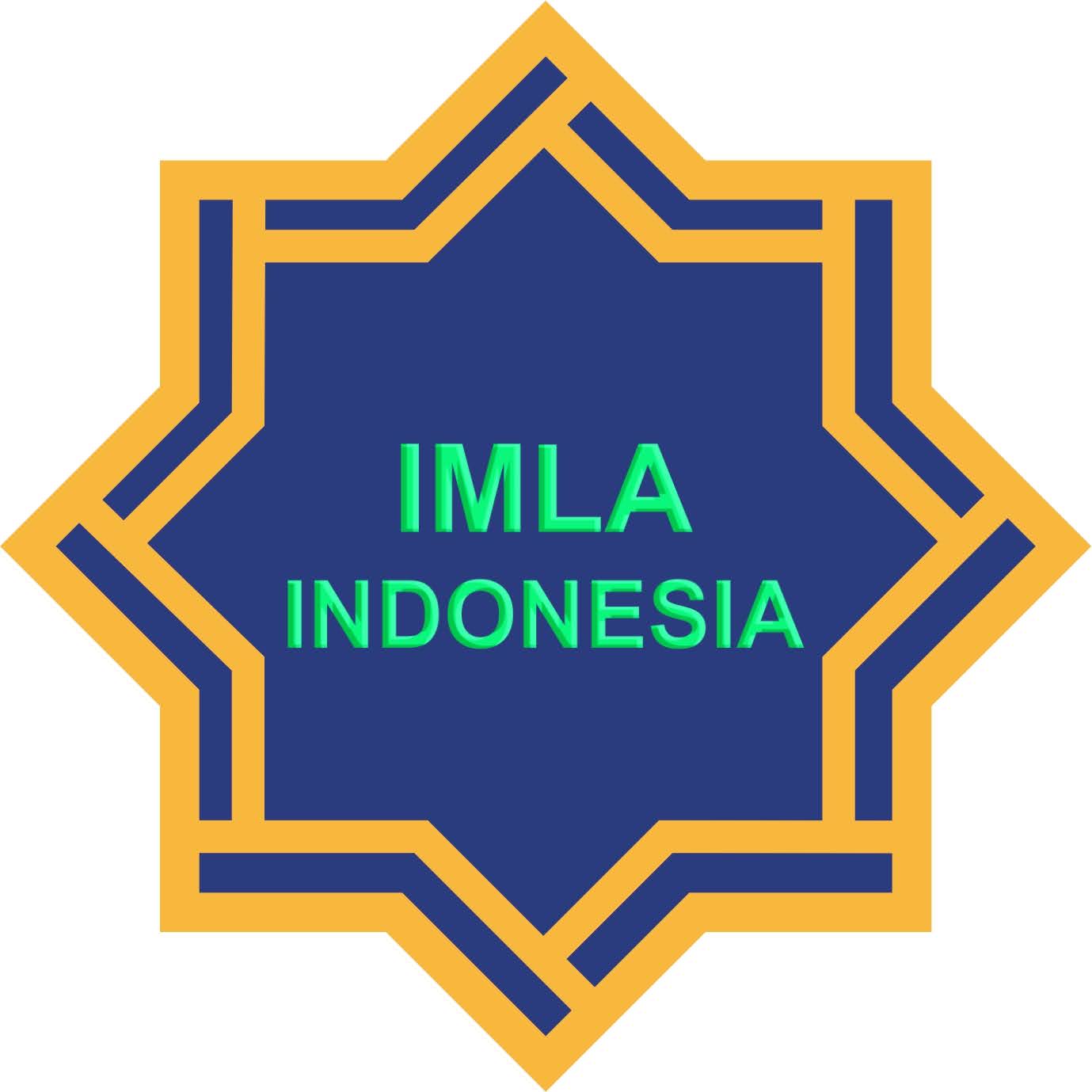
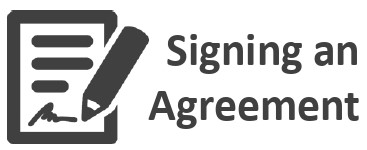

.png)
